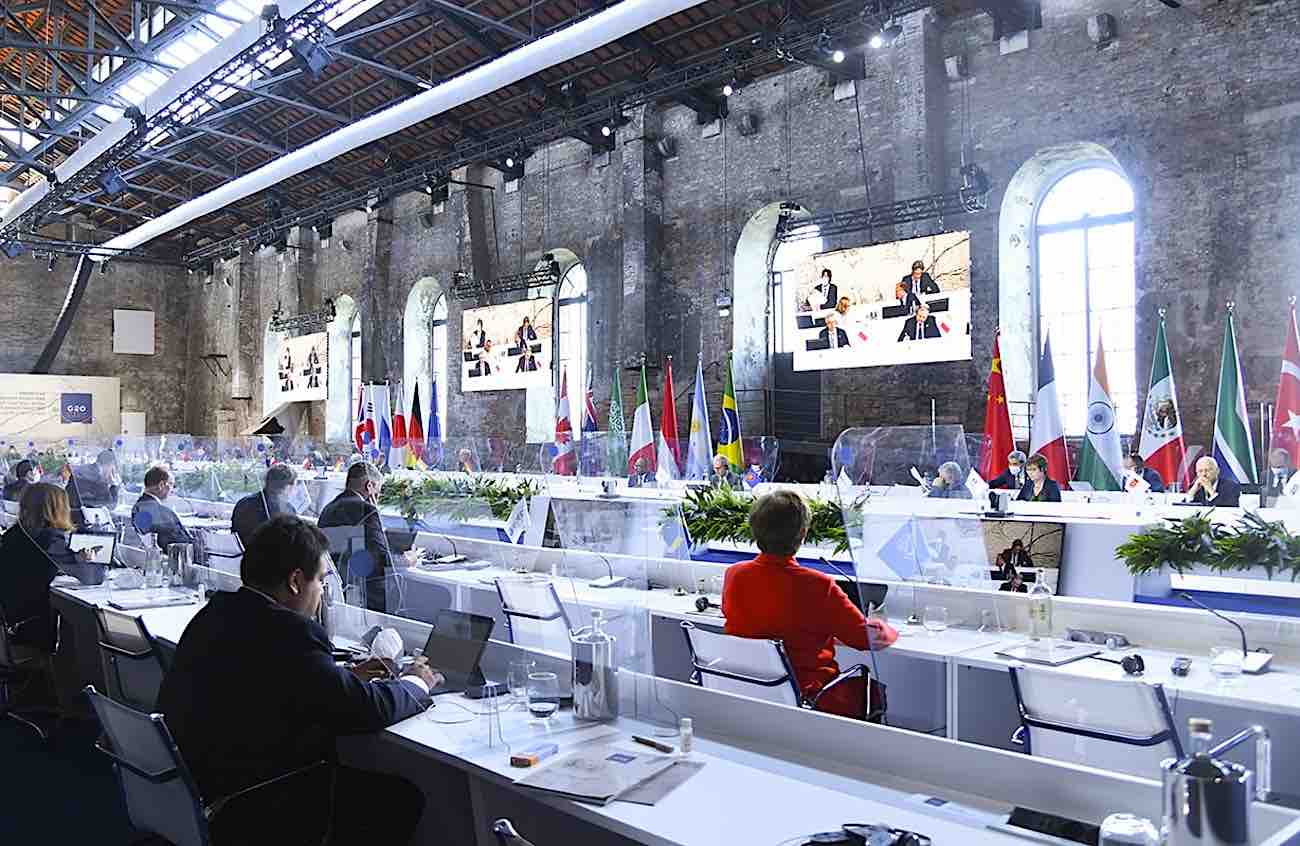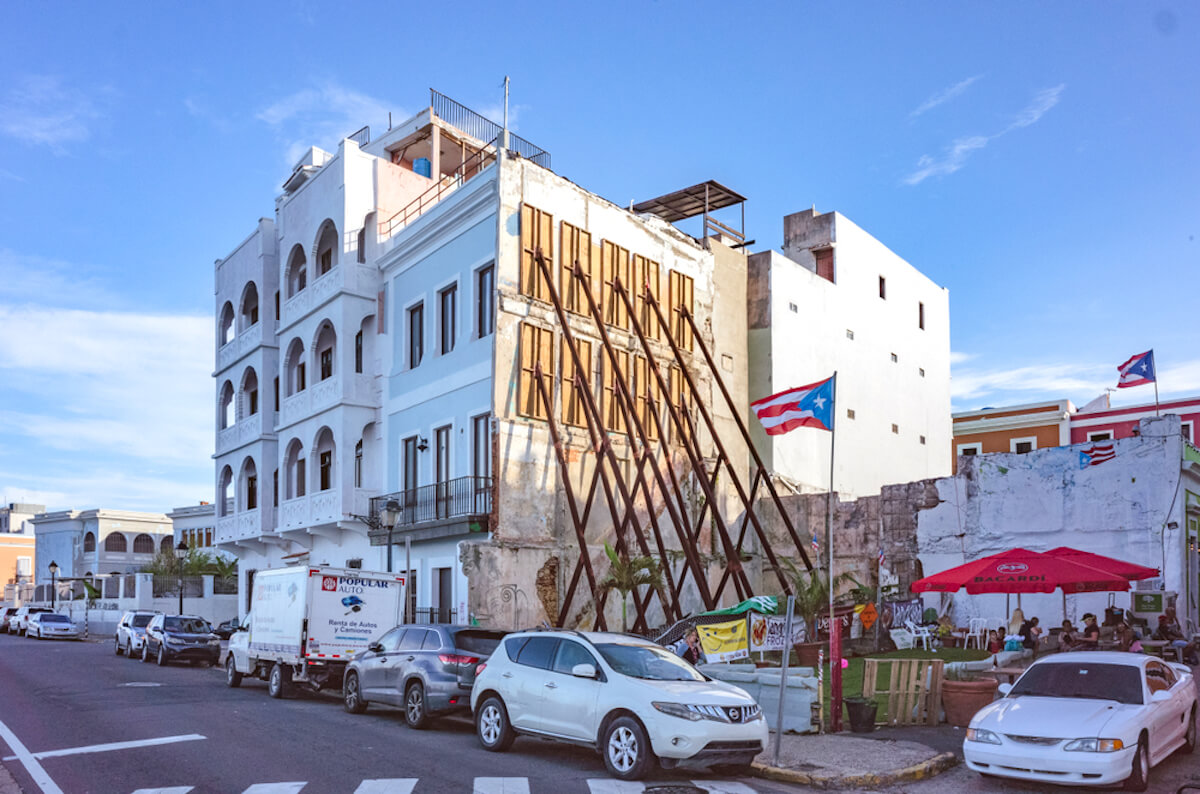ImpactAlpha, July 13 – The global effort on COVID vaccines does not bode well for the massive mobilization needed to avert climate catastrophe.
The weeklong G20 meeting in Venice, like the G7 last month, wrapped up with pledges and platitudes but little in the way of concrete action. The big test: A $50 billion plan to speed vaccine rollout, save a half-million lives this year and accelerate the global recovery.
Months after vaccines have become available, just 10% of India’s population has been vaccinated, and less than 1% of sub-Saharan Africa’s. COVAX has shipped almost 50 million vaccine doses to 121 countries, a tiny fraction of the 1 billion doses needed in low- and middle-income countries by the end of the year to protect vulnerable populations.
The International Monetary Fund’s Kristalina Georgieva calls the plan “the best public investment of our lives and a global game-changer.”
Climate finance
With climate as with COVID, “We have learned that you can’t protect yourself unless you protect everyone,” says Rachel Kyte, dean of the Fletcher School at Tufts University. Global goals will be out of reach if developing nations that have contributed little in the way of cumulative greenhouse gasses cannot afford to decarbonize.
The International Energy Agency estimates that at least $1 trillion a year in clean energy investment in developing countries is needed by 2050.
“The investment needed to green the global economy is enormous and far exceeds the scale of official finance,” U.S. Treasury chief Janet Yellen told the assembled finance ministers. “Private capital will need to fill most of that gap.”
First-loss capital
BlackRock’s Larry Fink argued in Venice that 80-year old institutions such as the World Bank and International Monetary Fund would be more effective as “first-loss” guarantors than direct lenders.
“There is private capital that can be mobilized for the emerging markets, but we need to rethink the way the international financial institutions can support low-carbon investments at scale,” Fink said.
BlackRock’s Climate Finance Partnership launched last year with $112 million in first-loss capital from France, Germany and Japan, along with Grantham Environmental Trust, the Quadrivium Foundation, and the Hewlett Foundation. That has helped attract close to $150 million in additional funding from Dai-ichi Life Insurance, Standard Chartered Bank and MUFG Bank to invest in climate infrastructure in Asia, Latin America, and Africa.
“As excited as I am about this partnership,” said Fink, “we need solutions of a much greater magnitude.”
Pricing carbon
For the first time, the G20 endorsed carbon pricing as a policy tool, along with “targeted support for the poorest and the most vulnerable.” Mandatory and voluntary carbon markets have emerged across the globe. But the European Union may provide the first test case for protecting the vulnerable from a resulting rise in carbon prices.
This week, the EU Commission is expected to propose a new carbon market for transportation and home heating. To buffer low-income households from rising heating and fuel costs, the bloc is mulling a “Climate Action Social Facility” to be funded by 20% of carbon-market revenues.











